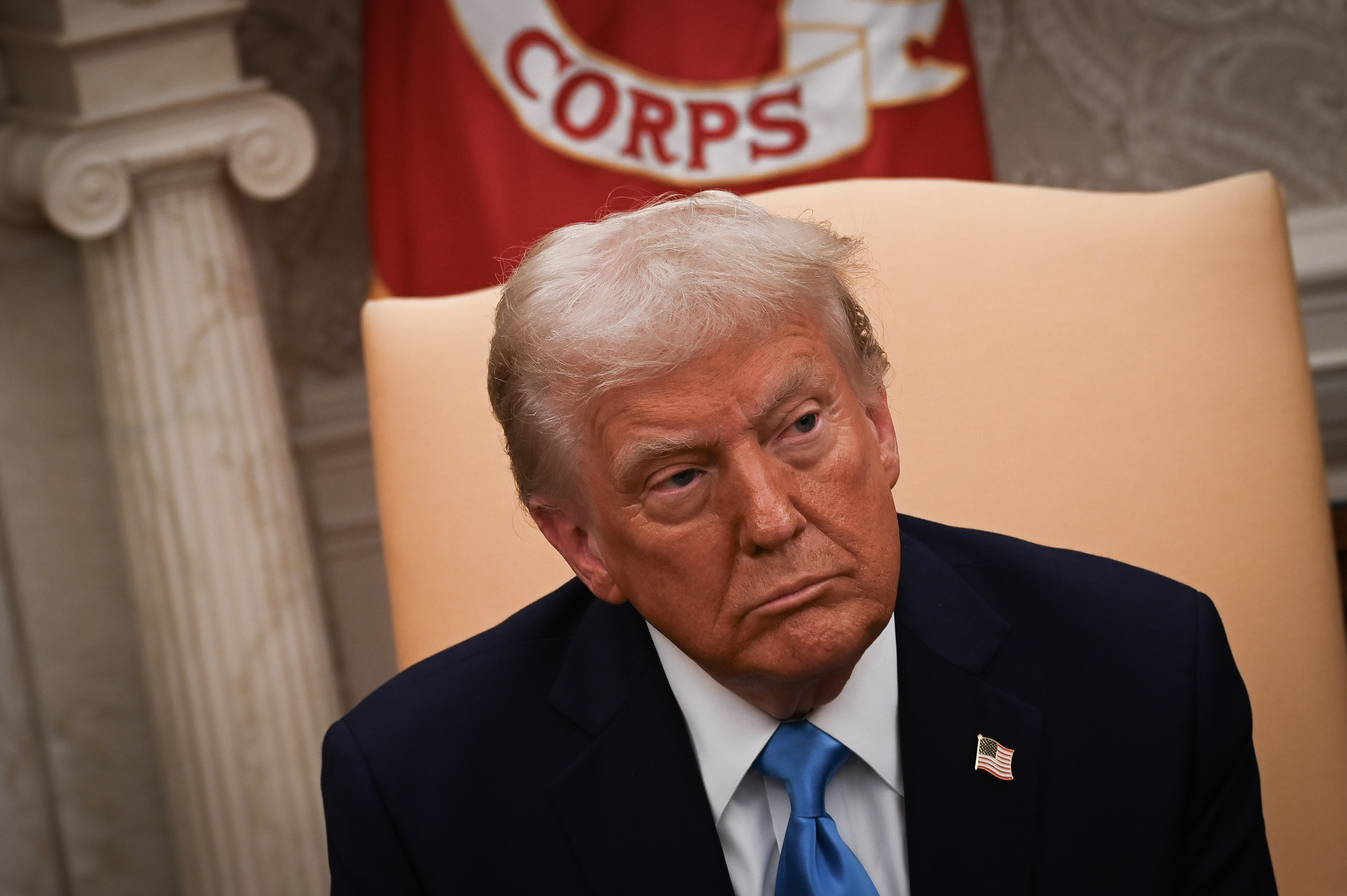U.S. Court Blocks Trump’s “Liberation Day” Tariffs
The court ruled that the president lacks the legal authority to impose sweeping tariffs under emergency legislation. The decision follows lawsuits from businesses and states claiming severe economic harm.

The U.S. Court of International Trade ruled yesterday (Wednesday) that President Donald Trump did not have the legal authority to impose sweeping import tariffs under emergency legislation, and thus blocked the implementation of the “Liberation Day Tariffs” plan he initiated.
The ruling stated that the president exceeded his powers under the International Emergency Economic Powers Act (IEEPA).
The three-judge panel in New York ruled that the exclusive power to regulate international trade lies with Congress - not the president, even in times of emergency.
"The court does not rule on whether the president's use of tariffs is wise or effective — only that it is simply not permitted by law," the decision stated.
The ruling came in response to two lawsuits: one filed by the Liberty Justice Center on behalf of five small businesses, and the other by 13 U.S. states led by Oregon. The plaintiffs argued that the tariffs would severely harm their economic operations, especially in light of the U.S.’s ongoing trade deficit.
Oregon Attorney General Dan Rayfield welcomed the ruling, stating that it "reaffirms that our laws matter and that trade decisions cannot be made on the president’s whims."
Trump claimed he had the authority to act due to a “national emergency” caused by the U.S. trade deficit. In early April, he imposed 10% tariffs on all imports, with significantly higher rates for countries with trade surpluses with the U.S. - especially China.
Trump’s “Liberation Day Tariffs” plan, announced in early April, included a minimum 10% tariff on nearly all goods entering the U.S., with higher rates for countries with significant trade surpluses. Israel was included on the list, facing a 17% tariff, alongside China (34%), the European Union (20%), and others. The move sparked opposition from countries, small businesses, and manufacturers’ associations - and led to a series of lawsuits arguing that Trump had exceeded his authority.
Now that the court has now ruled that international trade authority belongs solely to Congress and ordered an immediate halt to the program. The White House announced it would appeal the decision.